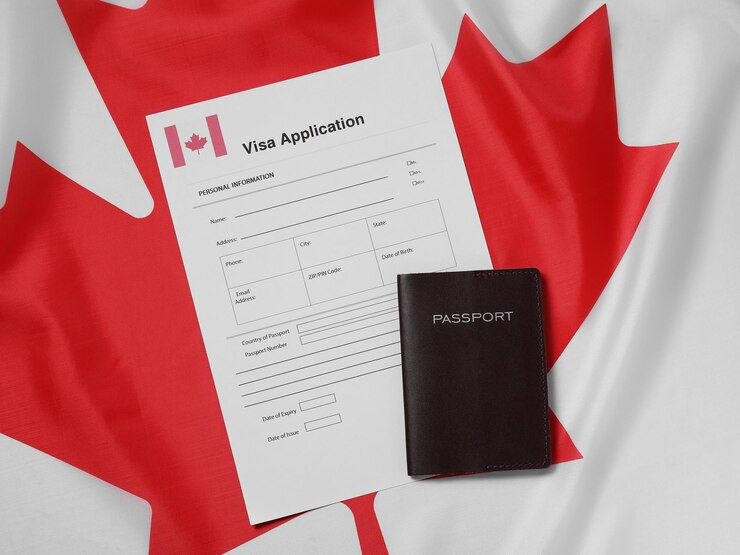Navigating Canada's New Immigration Landscape

Changes in visa regulations set to impact international students and temporary residents
On This Page You Will Find:
- Overview of Maintained Status and Recent Changes
- Implications of New Visa Extension Rules
- Elimination of Border Permit Applications
- Rising Asylum Claims Among International Students
Summary:
The Canadian government has introduced significant changes to its visa extension policies, impacting temporary residents on maintained status. Under the new rules, if a first visa application is denied, a subsequent application will not allow the applicant to remain in Canada. Additionally, the option for applying for work or study permits at borders has been removed to curb fraudulent practices. These measures coincide with a notable increase in asylum claims from international students, signaling a shift in the country's immigration landscape.
In a significant policy shift affecting thousands of temporary residents, Canada has tightened its visa extension regulations as part of a broader effort to refine its immigration controls. The changes, announced by Immigration, Refugees and Citizenship Canada (IRCC) on May 28, 2025, alter the conditions under which temporary residents can remain in the country while awaiting visa decisions.
Understanding Maintained Status
Previously known as implied status, maintained status allows temporary residents to remain in Canada under the terms of their expired permit while their extension application is under review. This provision enabled students to continue their studies and workers to maintain their employment, assuming their applications for extension were submitted before the original permit's expiration.
Key Changes and Their Implications
The most notable change is the handling of second applications after a first application is refused. Under the new rules, if a temporary resident's first application for extension is rejected, any subsequent application will not permit the individual to stay in Canada legally. The second application, if submitted after the original permit has expired, will be denied outright and returned. This shift represents a significant departure from previous policies, where an applicant could remain in Canada, albeit without the right to work or study, while a second application was processed.
These changes underscore a stricter approach to maintaining legal status, as those who fall out of status must now seek restoration, provided they meet the eligibility criteria.
Ending Border Permit Applications
In a move to enhance border security and reduce fraudulent activities, IRCC has also eliminated the ability for applicants to apply for work or study permits directly at the port of entry. This decision is part of a crackdown on the practice known as "flagpoling," where individuals quickly exit and re-enter the country to validate new permits without going through the standard application process. The elimination of flagpoling aims to reduce congestion at border points and ensure that all permit applications are processed through appropriate channels.
Surge in Asylum Claims from Students
Amid these regulatory changes, Canada is witnessing a surge in asylum claims from international students. Recent data from IRCC shows a 22% increase in asylum claims filed by international students in the first quarter of 2025 compared to the previous year. This trend follows a sharp rise in claims filed in 2024, nearly doubling those from 2023. Despite this increase, the number of asylum claims remains small relative to the total permits issued.
The majority of these asylum claims originate from countries such as India, Nigeria, Guinea, Ghana, and the Democratic Republic of Congo. This uptick highlights the complexities and pressures within Canada's immigration system, as students increasingly seek asylum amid tightening visa regulations.
References
- Immigration, Refugees and Citizenship Canada (IRCC)
- Global News on International Student Asylum Claims
- Government of Canada - Visa and Immigration
- Canadian Border Services Agency
- Statistics Canada - Immigration Data
 Author: Azadeh Haidari-Garmash, RCIC
Author: Azadeh Haidari-Garmash, RCIC
